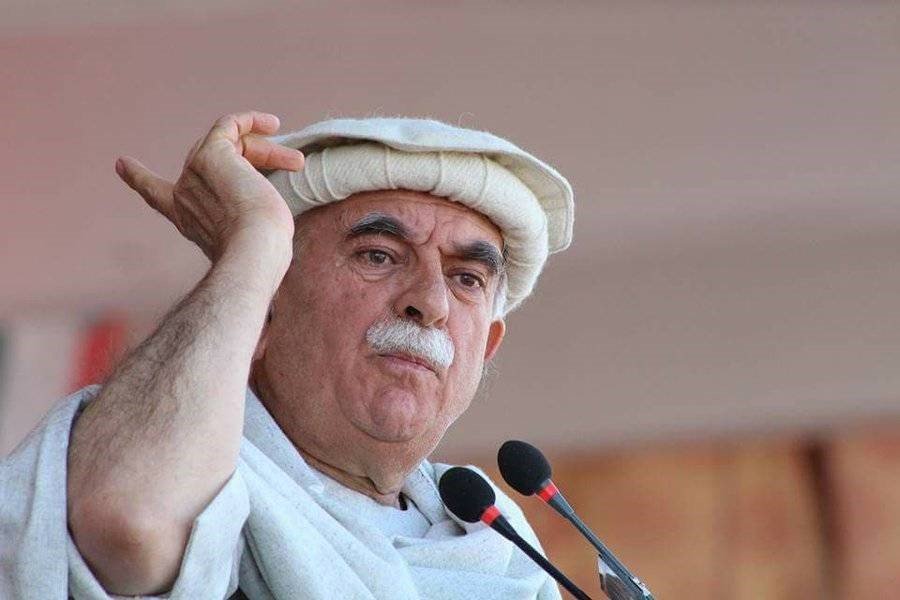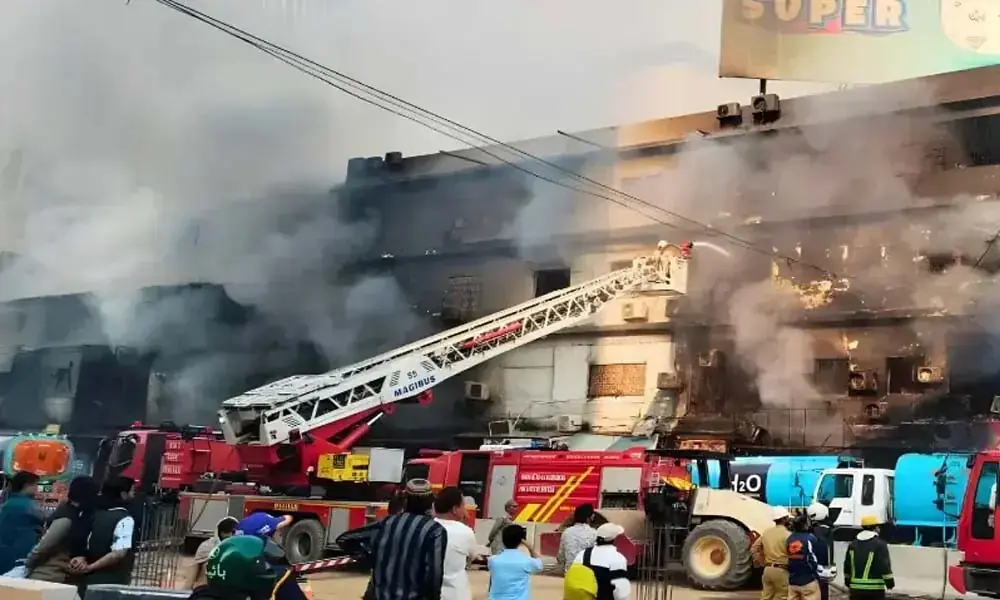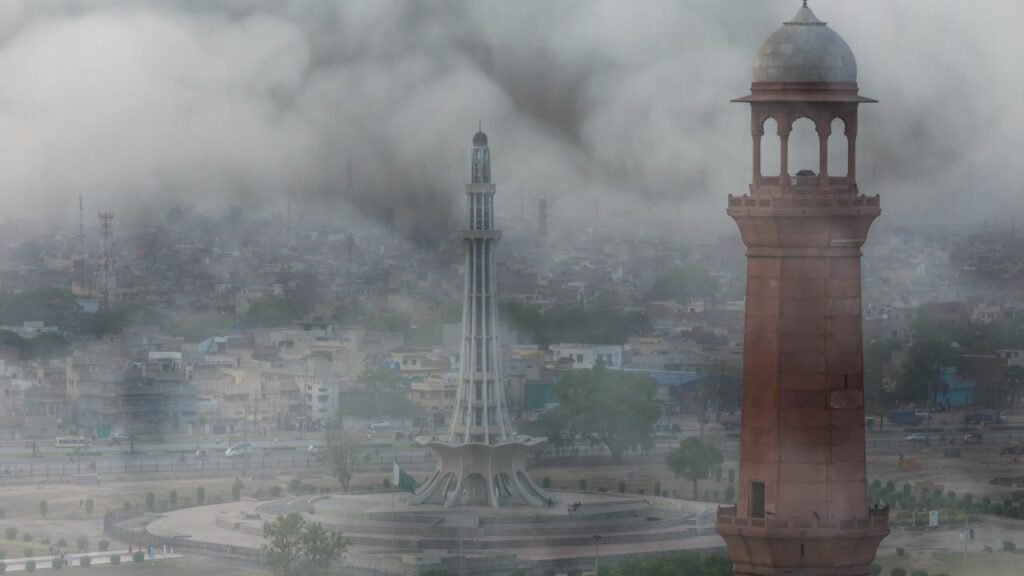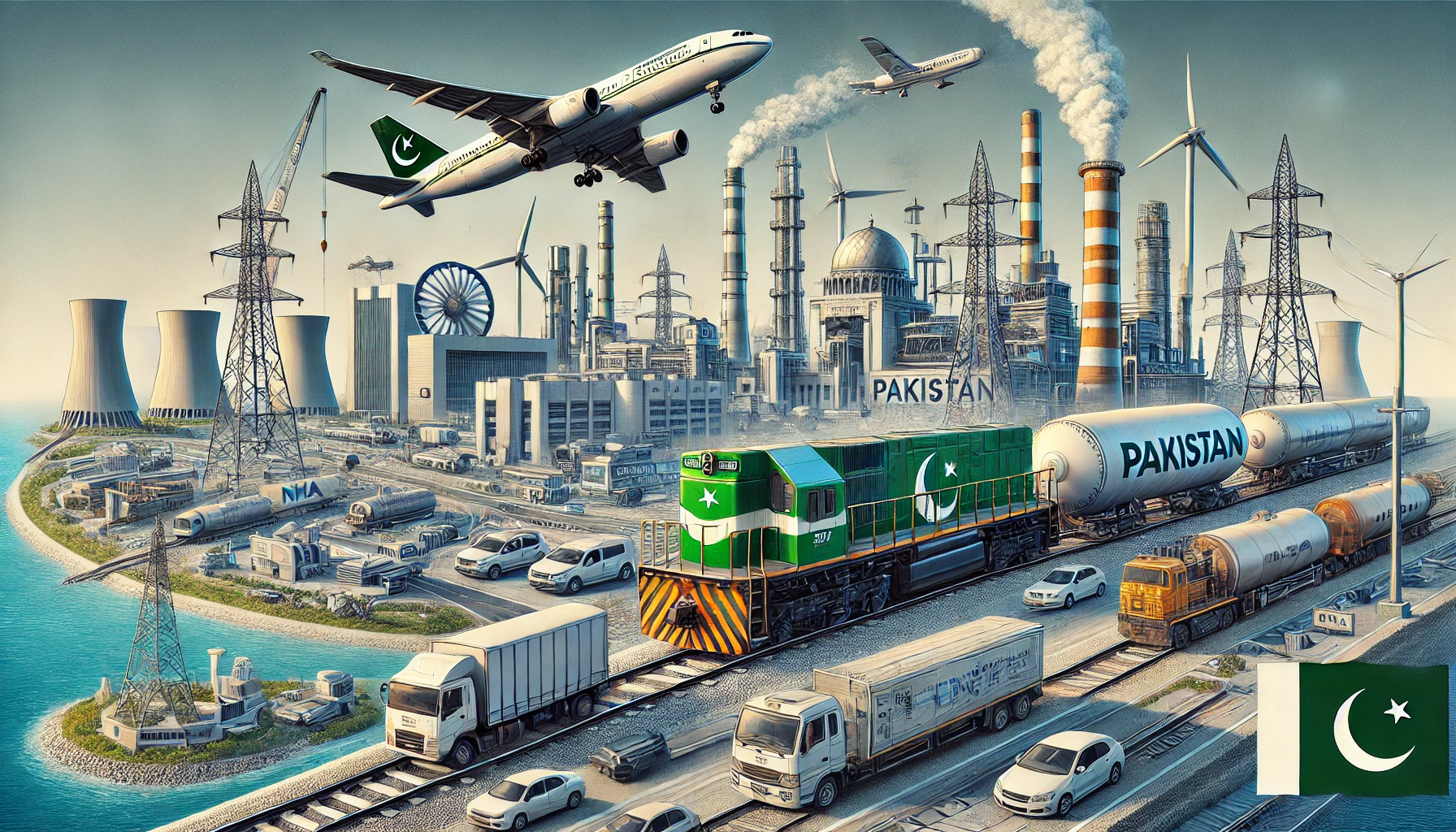Safia Ramzan
The true measure of a nation lies in how it treats its most vulnerable citizens. By that standard, Pakistan is failing its sanitation workers—those who keep its streets, sewers, and urban landscapes livable. A recent report by Amnesty International, in collaboration with the local rights organization Centre for Law & Justice (CLJ), has exposed the entrenched caste- and faith-based discrimination that underpins this essential yet stigmatized profession. The findings are a harsh indictment of societal prejudice and state neglect, revealing a pattern of systemic exclusion, dangerous working conditions, and daily indignities faced by sanitation workers across the country.
Sanitation workers are the backbone of Pakistan’s urban hygiene infrastructure, yet they are treated as disposable. Most belong to marginalized religious and caste communities that trusted the promise of equal rights in the new nation after Partition. That promise remains unfulfilled. Government job postings for sanitation work still openly advertise for “non-Muslim” applicants, a policy that codifies discrimination and reinforces stigma. Workers are frequently denied formal employment contracts, paid below the minimum wage, and pushed into manual sewer cleaning without protective equipment. In some cases, they are offered no health insurance or social protection despite the lethal risks associated with their work.
The human cost of this neglect is profound. Sanitation workers face verbal abuse, social segregation, and exclusion from shared spaces such as dining areas or public gatherings. A female sanitation worker in Lahore voiced the pain of this dehumanization with searing clarity: “They can cut us open and see that we bleed like them, so why do they call us these hateful words?” This sense of alienation is compounded by the ever-present danger of physical harm—deaths and injuries from toxic gas exposure, collapses in sewer lines, and accidents in unsafe conditions are tragically common.
The stigma is not merely social but also life-threatening in its consequences. In 2023, the Jaranwala incident illustrated the extreme vulnerability of sanitation workers to blasphemy allegations, with violence erupting after accusations were made against two Christian workers. This intersection of religious and occupational discrimination magnifies the risks they face, making them easy targets for scapegoating and persecution.
The structural injustice faced by sanitation workers reflects a failure of both governance and morality. Pakistan has yet to take meaningful steps to outlaw caste-based discrimination or to ensure equal protection under labour laws for this workforce. Manual sewer cleaning—a practice globally recognized as dangerous and inhumane—remains common in many cities. The reliance on human labour for tasks that should be mechanized speaks to both technological neglect and a callous disregard for human dignity.
The state must prioritize a comprehensive reform agenda. First, discriminatory hiring practices requiring non-Muslims for sanitation roles must end immediately, and caste-based discrimination must be explicitly outlawed under the Constitution and labour laws. Second, all sanitation work should be formalized: workers must be given proper contracts, fair wages, health insurance, and social security benefits. Third, manual sewer cleaning should be phased out and replaced with mechanized solutions, which will not only save lives but also help shift social attitudes by de-stigmatizing the profession.
https://facebook.com/RepublicPolicy
Equally important is the social recognition of sanitation workers as essential citizens. Public campaigns to promote awareness, community integration, and respect for this workforce are needed to break the cycle of stigma. Training programs, access to protective gear, and healthcare facilities must be institutionalized. The state must also ensure that vulnerable workers are shielded from false accusations and mob violence, with swift enforcement of justice against those weaponizing blasphemy laws or engaging in harassment.
Until Pakistan accords sanitation workers the dignity, protection, and rights they deserve, it will remain complicit in a silent, daily violence against the very people who ensure public health and safety. The measure of a society is not in its slogans or ceremonies, but in the unseen labour of those it neglects. To truly rise as an equitable nation, Pakistan must confront this moral failure with urgency and honesty.















